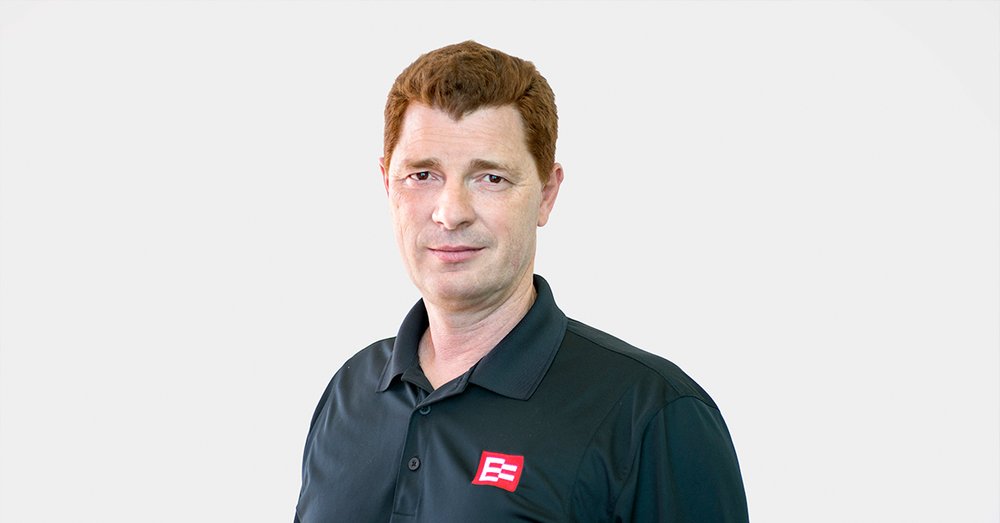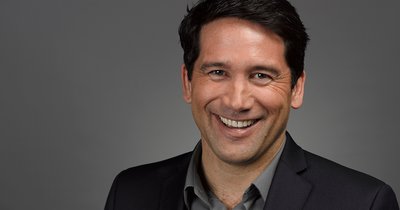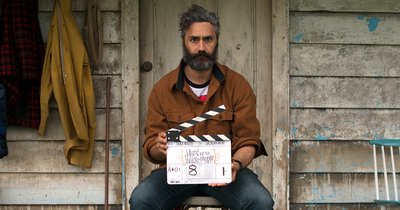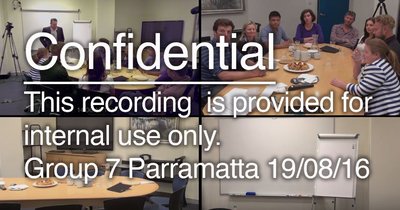Steven Newman, one of the founders of Navman, is on a mission to make the world’s roads safer. In 2007, he bought into EROAD as it presented the perfect opportunity, even though at the time it was just a brilliant idea. That idea just happens to be electronic road user charging. Now, that might not sound exciting, but trust me, it’s the first of its kind in the world. EROAD is solving complex transportation problems here in New Zealand, as well as Australia and North America. It’s also saving lives.
Create it and they will come
The EROAD platform took two years to get to market and a cool $10 million to produce. It was always going to be difficult due to the complexities of calculating and paying taxes electronically. Steven explains, “Our technology has to calculate the distance, and then cross check, measuring this distance three different ways to make sure it’s 100% correct.” And he’s got no time for downtime. “Our service needs to be highly reliable with a 99.9 % up time, which is best in class.” He adds that the platform must also be secure protecting the commercially sensitive data it collects for its customers. “We’ve had to do alot of work around data security.
And customers? After an initial slow start they came in their droves. Since 2010, EROAD has added 42,000 vehicles to its system. It’s collected 38% of New Zealand’s heavy transport road user charges on behalf of NZTA - which translates to $1.5 billion - money that the government uses to build safer roads, and ensure that strategic roads around New Zealand are getting the upgrades they need. “The best part is that this costs the government nothing.We built the system. They’ve approved that we operate it, and our customers are happy. We’ve got a 98% customer retention rate.” And this all came from the simple desire to develop an electronic alternative to a paper based system.
Innovation that keeps Kiwis safe at work and on the roads
It started with an electronic road user charges solution, but EROAD has continued to develop innovative solutions to customer problems, including those introduced last year with the health and safety reforms.
Steven says that the new legislation requires companies to “do everything reasonable and practical to keep workers safe in workplaces.” That’s quite a concerning threshold for directors and officers of companies to meet. “If someone gets hurt, or worse, and you could have spent $50 a month to prevent this accident from happening, you should have done so.” One of the ways EROAD has helped its customers meet the new obligations is Drive Buddy, an in-cab display that supplies drivers with visual, easy-to-understand feedback in real time to promote better driving.
Drive Buddy turns on automatically and doesn’t require any driver input. It displays current speed and alerts the driver when harsh braking, sharp cornering or prolonged engine idling is detected. “We’ve seen huge improvements and reductions in these kinds of issues, and because we have so many vehicles signed up to the platform, we can create benchmarks so that fleets can see where they sit compared to other companies.”
Within the next year Steven assures me that EROAD will be able to talk definitively about how many lives its technology has saved and how many accidents it’s managed to prevent. “The number of fleets that have gone from being in the bottom 25% of bench marking to the top 25% is just phenomenal. And they make these improvements over weeks and months, rather than over the years.”
Worth the risk
Currently, EROAD operates in New Zealand, Australia and the USA, which according to Steven is more than enough of the world to conquer at the moment.
One of the secrets to EROAD’s success is focus. We focus on the customer and on building impactful value for them. We want to continue delivering high impact products.” We do this by having people like policy lawyers, regulatory stakeholders and product managers in the business to understand the impact regulations have on our customers’ operational. “Then we build simple, elegant, and intuitive solutions to help them.”
Innovation comes with its risks. Delivering road user charges electronically as opposed to the traditional paper system meant shareholders needed to front $10 million to see the project through. “It was one of the biggest best I’ve ever taken. It was the first nationwide system in the world – we were building a new business model and spending a lot of money and had no customers! It’s taken a long time but you know we got there. It’s been nothing short of a revolution.”
Kiwibank are proud sponsors of the Innovative Hi-Tech Service category of the NZ Hi-Tech Awards. Backing innovative Kiwi businesses is what we’re all about.
Interested in discovering some other amazing New Zealand businesses? Check out our Business Time section.



